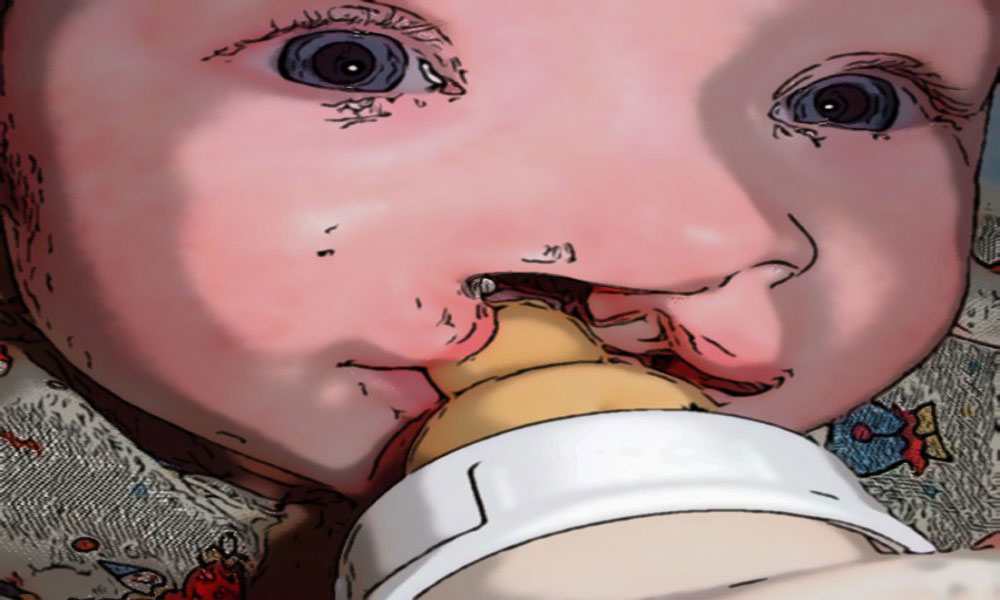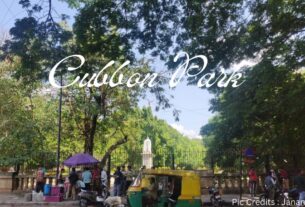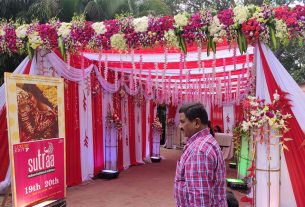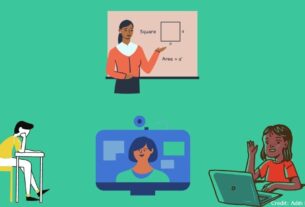Despite several free schemes providing corrective cleft lip and palate surgeries, less than 50 per cent avail the services in the country.
Cleft lip and palate is the most common congenital disorder in the facial region. Research has revealed that there at least thirty-five thousand new cleft lip patients are born in India every year. However, almost one million cases remain untreated in the country.
Dr. B. Krishnamurthy, a maxillofacial surgeon in Bangalore, said that you can identify these cases even before birth through antenatal screening. However, statistics show that only 32.9 per cent women get access to antenatal care. Children born with this defect not only have problem with feeding and sucking, but also face difficulties with speech in addition to dealing with social stigma.
“The first difficulty that a child with this defect faces is with feeding. They need some other technique to feed the baby or else the baby will not thrive. We conduct the cleft lip surgery within three to six months after birth and the surgery for the palate between nine to twelve months. You also need a group of different specialists to treat these children,” said Krishnamurthy.
The government of Karnataka has collaborated with Smile Train, an international charity pushing the cause of treatment of the ailment, to provide free surgeries to those who need them. Dr. K.S Shekhar, a retired plastic surgeon in Bangalore, was responsible for inducting the Smile Train foundation in the year 2000. “The incidence of the birth defect is one in 900 live births. The causes haven’t been proven and it is not a genetic disease that can be transferred from the parent to the child,” he said.
He added that there are 15 varieties of cleft lip and palate defects. It can be on the lips but it can also extend to inside the mouth which requires a surgery of the palate. “Hence, the palate surgeries are more important because without it, there can be difficulties with chewing, swallowing and speaking,” he said.
The other organization which renders free surgeries is the Trinity Care Foundation in Bangalore. They also provide speech therapy after the surgery has been conducted. Dr. Thomas Tony, who is associated with the foundation, said that with the help from government in identification of these cases, they have been able to treat more patients since 2014.
Both the organizations are in a partnership with the government under the Rashtriya Bal Kalyan Karyakram (RBSK), which is a national health programme to only identify children from birth to 18 years of age with this birth defect. However, the government does not provide any funds for the treatment. Also, people who are from the rural areas find it difficult to come to the city and follow up with the treatment which may sometimes also include additional surgeries.
“You see more children suffering from this ailment from the lower socio-economic strata and nutrition could be a contributing factor for this. You see more cases from the rural areas which is because the maximum population in the country live there. However, I have treated patients from all sections of the society,” said Krishnamurthy. He also added that these surgeries cost over one lakh when not covered under any scheme. The costs can also run from five to ten lakhs depending on the number of procedures that they need to undergo.
Almost 50 per cent children with the birth defect fail to seek treatment which is due to lack of awareness and poverty.
Aparna Abhilash, a speech and language pathologist from Bangalore said that correcting speech and language in these children progressively becomes more difficult as they grow older. She emphasized the importance of educating the parents and revaluating the patients. “Continuous monitoring and therapy is important to correct speech defects in children. You need to correct these at the beginning itself or it can become a habit,” she said.




